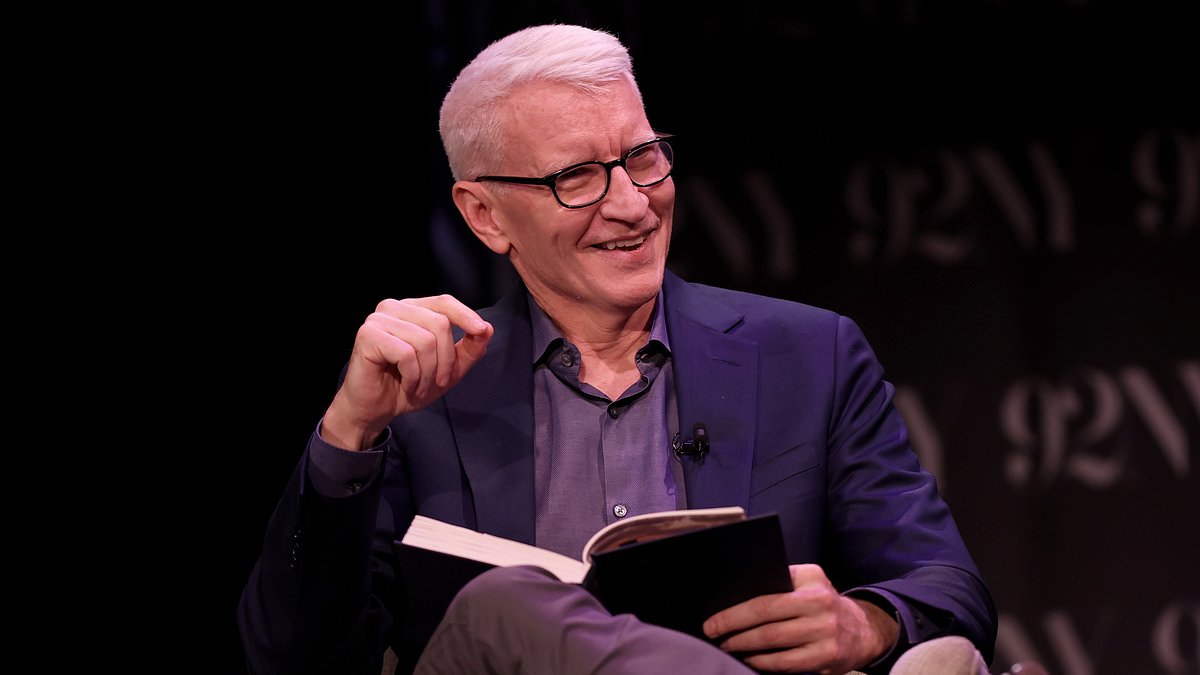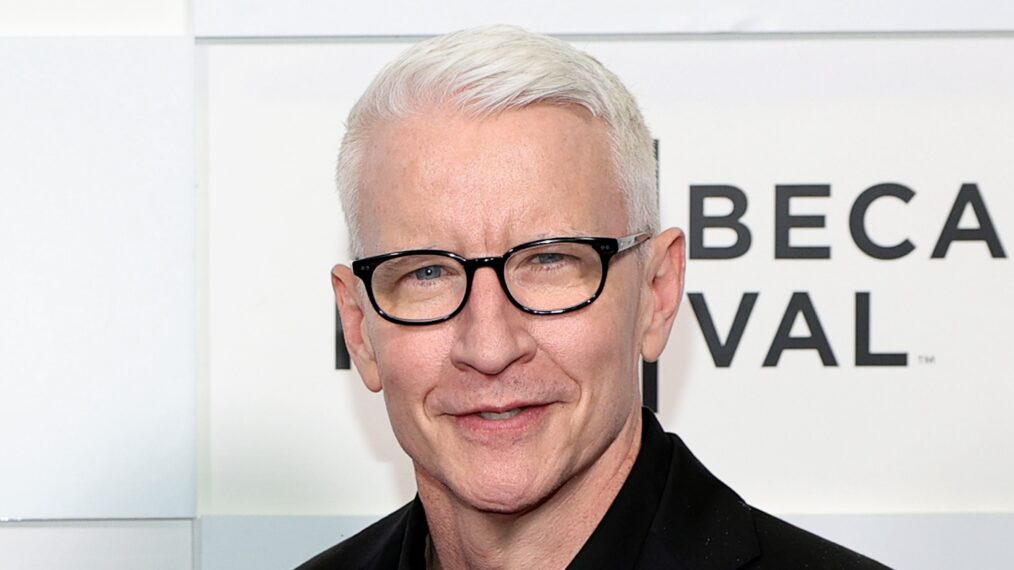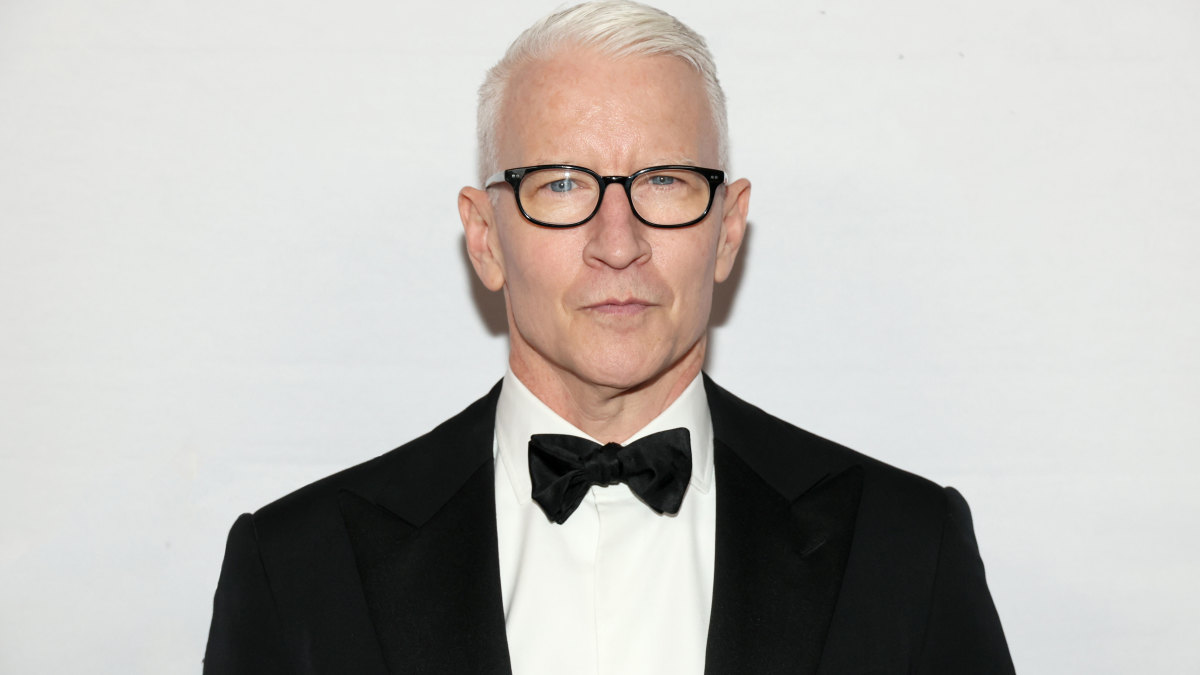Anderson Cooper’s Enormous CNN Salary Revealed as News Channel Circles Drain… and It’s FIVE Times More Than Kaitlan Collins
Anderson Cooper, the esteemed anchor for CNN, reportedly takes home an impressive annual salary of $18 million. This staggering figure is approximately five times greater than the income of Kaitlan Collins, CNN’s Chief White House Correspondent. This significant income disparity within the network raises eyebrows, especially as CNN grapples with notable shifts in the media landscape.
The Financial Landscape of CNN
The news about Cooper’s salary comes during a time of substantial changes at CNN’s parent company, Warner Bros Discovery. The company has announced plans to restructure itself into two distinct entities centered around separate media operations. This potential split raises questions regarding the viability of maintaining such hefty salaries in an era where CNN is facing record low viewership and changing audience preferences, with platforms like YouTube and TikTok gaining traction.
Cooper’s long-standing position as a leading news personality at CNN provides him leverage, but his salary is increasingly scrutinized against the backdrop of a declining traditional cable market. Industry experts predict that hefty contracts, similar to Cooper’s, may soon become obsolete. Another prominent figure, Jake Tapper, whose contract is also believed to be a “low-eight-figure” multiyear deal, might represent one of the last generations of CNN broadcasters to earn such significant pay in this format.
Concerns Surrounding CNN’s Future
The anxiety surrounding CNN’s direction has been amplified by internal communications among staff, particularly concerning the company’s trajectory in the wake of its planned corporate split. This turbulent time has sparked alarms over potential layoffs and a notable reduction in corporate debt, which currently stands at approximately $21 billion. This indicates a decisive move towards fostering cost-efficiency within the network.
Moreover, CEO David Zaslav’s compensation, reportedly around $52 million last year, has attracted scrutiny. This disparity in executive compensation compared to media personnel exacerbates ongoing discussions about corporate pay scales, particularly against the backdrop of layoffs and diminishing viewership figures.
Adapting to a New Digital Era
CNN’s ongoing restructuring signifies a crucial shift towards a more digital-centric approach, embracing the reality of modern content consumption. The network has outlined plans for a new streaming service showcasing well-known personalities as it endeavors to adapt to current viewer preferences, leveraging its significant brand recognition to attract digital audiences.
As media consumption trends diverge from traditional cable avenues, the future of CNN remains shrouded in uncertainty. Cooper’s substantial salary starkly highlights the challenges the organization faces in reconciling its legacy with the evolving demands of a new audience. The anticipated split of Warner Bros Discovery appears poised to further alter the network’s strategic emphasis and operational framework, initiating a new chapter in its history.
As the media landscape shifts, the implications of Cooper’s salary and the broader financial strategy at CNN underscore the challenges faced by legacy networks in this digital age. The question remains: how will CNN navigate its evolution, and what does this mean for the future of its key personnel and programming?





